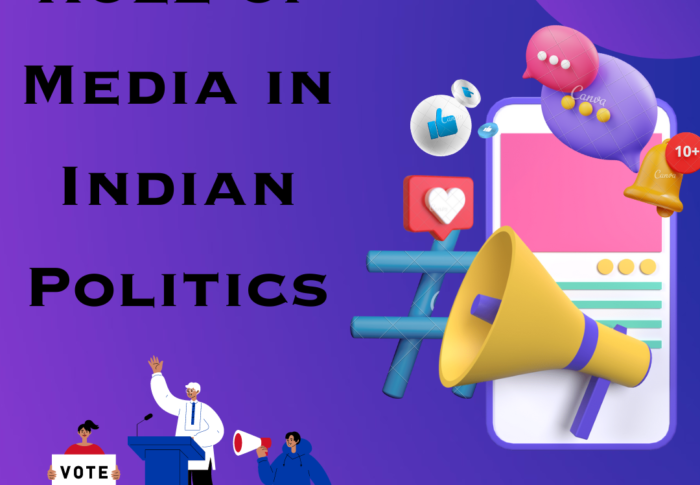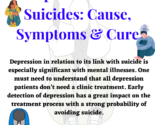
Studying the Public Health Ethics: Functions and Principles
Public Health Ethics involves the systematic process of clarifying, prioritising and justifying possible courses of public health action. It is based on ethical principles, values and stakeholder beliefs in congregation with scientific and other beliefs.
Author: Lavanya Murali
Introduction
Public health is the science of protecting safety and improving the health of the communities. By way of education, policymaking, research for disease prevention as well as preventing and responding to various infectious diseases like Ebola and COVID-19. Public Health Ethics involves the systematic process of clarifying, prioritising and justifying possible courses of public health action. It is based on ethical principles, values and stakeholder beliefs in congregation with scientific and other beliefs. The study of public health ethics is devoted to understanding and clarifying the principles and ethical connotations of public health actions. It provides a framework or scaffolding to make decisions and justify a response or activity. In practice, it is the application of the relevant principles and ethics to decision-making in the field of public health.
Functions of Public Health Ethics
Public health is an effort undertaken by the government, so the values and ethics governing this would be different from medicine or clinical ethics since these are centered around the needs of the particular individual. The study of public health ethics has 3 fundamental functions:
- Identification as well as clarification of the ethical problem at hand.
- Exploring the various options as well as courses of action and evaluating the consequences and possible outcomes if each
- Resolving the problem by choosing the action that best incorporates the appropriate values and ethical principles.
In order to build frameworks that allow these problems to be resolved comprehensively; health workers must first understand their role in the identification and clarification of the ethical and philosophical substructures of their discipline. Apart from the basic ethical principles that are centered around beneficence, nonmaleficence, respect for the autonomy of persons, and justice. Public health ethics also includes procedural justice ensuring public participation, strict confidentiality, commitment and accountability, transparency trust, effectiveness, efficiency, proportionality, necessity and public justification.
Principles
In an article published in 2002 by Thomas J. C et al, 12 principles for ethical public health practices were presented, as followed:
- Public health should focus on the fundamental requirements of health and causes of disease to prevent adverse health outcomes.
- Public health should achieve health communally in a way that respects the rights of individuals as well.
- The members of the community should be fully engaged in all aspects of the formulation of public health policies, programs and priorities.
- Public health should advocate for the empowerment of disenfranchised community members ensuring that the basic resources and conditions necessary for health are accessible to all the people in the community.
- It must aim to understand the information required to create and curate policies and programs that are effective in protecting and promoting mental health.
- Public health institutions should provide the people of the community with the information obtained that is integral for decisions on policies or programs and the community’s consent must be received.
- Institutions for public health must work promptly with the information and resources they possess and the mandate given to them by the public.
- The programs formulated should include a plethora of approaches that respect the diversity of values and beliefs of the different cultures that are a part of the community.
- The programs should also be implemented in a manner that does not contribute to the deterioration of the environment. Rather it should enhance the physical and social environment.
- Confidentiality of information that has the potential to bring harm to an individual or community if the made public must be maintained fiercely. Exceptions must be justified based on the high likelihood of significant harm to the individual or others.
- The professional competence of employees must be ensured by public health institutions.
- Public health institutions and their employees should engage in collaborations and affiliations in ways that build the public’s trust and the institution’s effectiveness.
Studying the Ethics
To achieve a well-rounded, comprehensive public health program that is mindful of the ethics and values needed; education about ethics must be a necessity in public health programs. The practice of educating budding public health professionals about the ethics involved is not as prevalent as it should be. They are often required to make choices that extend beyond the objective and into the ethical. Required to conclude the rights and duties of various institutions and aspects of societies with regards to protecting health.
However, without adequate training and guidance on how to reach such decisions in a manner that complies with the ethical requirements of the situation; they may not become confident in terms of the moral requirements and strength they must build. All those engaged in the field of public health must routinely discriminate between and evaluate a complex range of normative judgments. As a discipline, ethics is, at least in theory, normative. They must have the capacity to distinguish between the importance of various values in different situations. And how each value can influence the decisions made and their consequences. For this, they must receive the appropriate education and guidance.
Conclusion
It must be, however, understood that public policy is based on several factors other than public health goals and ethics. Weighing alternatives according to public health ethics frameworks often leads to ethically acceptable programs and options but they may not be politically preferred.
Ethics should always be addressed and analysed because bringing truth, fairness, and respect to our work is right in itself. Because, from a more utilitarian perspective, public health workers will be more effective if we do. This makes the reasoning meticulous and requires the accountability of the public health professionals. It allows us to be respectful of all communities as it holds us to high standards. This will allow for more effective interaction with the community to understand the problems faced by communities with divergent cultures. This would create trust between the community as well as with the public health professionals. This involvement of the communities is integral to the field of public health and the implementation of the best programs.
For this, public health professionals must be educated and informed about the ethical requirements of the occupation. They must assure people of integrity as well as competence. The process of creating such frameworks to be implemented in practicing public health is continuous as well as integrated.
Mail us at edumoundofficial@gmail.com






